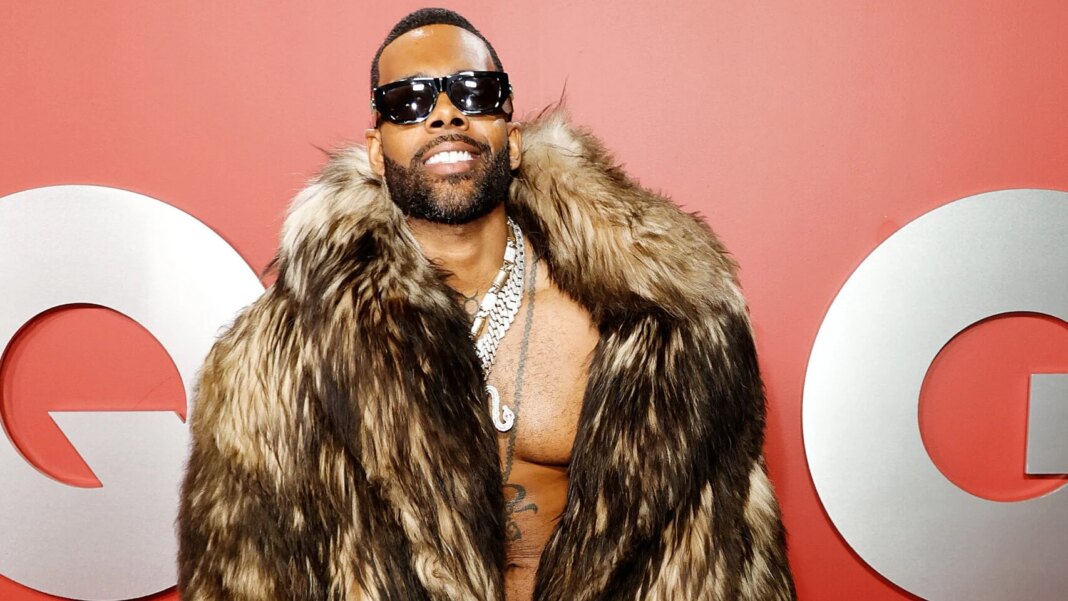Mario and Interracial Relationships: An Insight Into Racial Dynamics
Love Across Boundaries
In the world of music, few figures have captured the affection of millions quite like R&B singer Mario. For many Black millennials, he’s not just a successful artist; he was one of their first crushes. With hits like “Braid My Hair” and “Let Me Love You,” his romantic connections have always intrigued fans. However, recent revelations about his relationship with Esmeralda Rios, a woman described as fair-skinned, stirred unexpected controversy and disappointment among his predominantly Black female fan base.
Fan Reactions and Misinterpretations
The announcement of Mario’s relationship ignited a wave of discussions online, with many fans expressing their discontent, feeling unrepresented by his choice of partner. This led to a narrative that suggested Mario harbored bias against Black women. Questions about whether Black men fear raising dark-skinned children and whether individuals like Mario are “scared” of committing to Black women circulated widely in social media discussions.
An Instagram user’s comment questioning Black men’s fear of dark children highlights the emotional complexities surrounding this topic, as perceptions of interracial relationships get filtered through historical and cultural lenses.
Addressing the Narrative
Mario has taken a proactive stance in defending his relationship choices. In an appearance on Cam Newton’s “Funky Friday” podcast, he confronted the questions directly. When asked if he had anything against Black women, he was emphatic: “No. No sir, I don’t, never have.” Importantly, he acknowledged his deep connections with Black women throughout his life, notably with family members such as his grandmother and mother.
The Influence of Family
Mario shared how significant figures in his life shaped his understanding and appreciation for Black women. He called his grandmother “my hero,” illustrating the profound influence she had on him. She exemplified the strength and soul of a Black woman, reinforcing his admiration for the love and resilience found in Black womanhood.
However, he also spoke candidly about his relationship with his late mother, describing it as complex and sometimes toxic due to her struggles with addiction. Mario’s honesty about this complexity reveals how familial relationships can impact romantic perspectives and emotional ties.
Challenging Misconceptions
Mario recognized the troubling narrative surrounding Black women and their perceived lack of love and representation. He expressed frustration at the slander directed toward Black women, particularly in the comments on social media regarding his dating choices.
In an Instagram story, he confidently stated: “I’m tired of the Black women slander… If you’re making these comments, I’m convinced YOU have a problem with Black women.” His assertion underscores a desire to redirect the conversation toward positivity and empowerment rather than division.
A Call for Real Love
Mario believes that the idea that Black women aren’t loved is misleading. He highlighted numerous thriving Black couples who, despite their success, often don’t receive the same media attention and admiration as couples in interracial relationships. This disparity contributes to the narrative that may hurt the self-image and societal standing of Black women.
By vocalizing his perspective, Mario aims to create a dialogue promoting understanding and compassion. He admitted to receiving negative messages yet remained focused on affirming the love and worth of Black women, the core of his fan base.
Evolving Relationships
As the conversation continues, Mario emphasizes that his relationship with Black women is “evolving,” reflecting the changing dynamics of love and identity in a multicultural society. He acknowledges the empowering role Black women played in his life, stating they were often the first to uplift him, express love, and teach him emotional richness.
Understanding Emotional Landscapes
Navigating these conversations about race, love, and societal expectations can be challenging for both artists and their fans. Mario’s responses illustrate a willingness to engage with uncomfortable discussions, while also advocating for respect and recognition of Black women’s beauty and resilience.
His reflections serve as a reminder of the complex relationships woven through history, familial ties, personal experiences, and societal influences—all critical in shaping our understanding of love across racial lines.



